Factfulness
Peter Yaacoub •

Introduction
It’s rare to find a non-fiction book easy to read and engaging, but that’s what Hans Rosling, Ola Rosling, and Anna Rosling Rönnlund have achieved with Factfulness. This book fundamentally changed how I see the world and my place in it. I’ve learned so much that I can’t help but share my notes and highlights with you so you can grasp the contents and eventually read the book yourself.
The book starts interestingly with Hans Rosling’s love for sword swallowing and a quiz testing the reader on his understanding of the world. I won’t be sharing the questions or the correct answers with you here, so you’ll have to check out the book to take the quiz. Nonetheless, here are my answers to the single-choice quiz so you can compare your answers with mine.
- A
- A
- A
- B
- B
- A
- B
- B
- A
- C
- A
- B
- A
One thing’s sure is that I was negatively surprised by my score.
Pantomime = Dramatic entertainment in which performers express meaning through gestures accompanied by music.
The Gap Instinct
Look for the majority.
Chasm = Deep fissure in the earth’s surface.


The Negativity Instinct
Expect bad news.
Improved reporting is itself a sign of human progress, but it creates the impression of the exact opposite.
Things can be both bad and better.
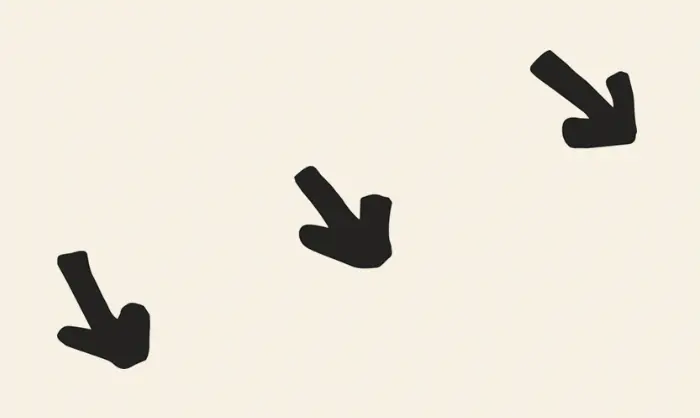
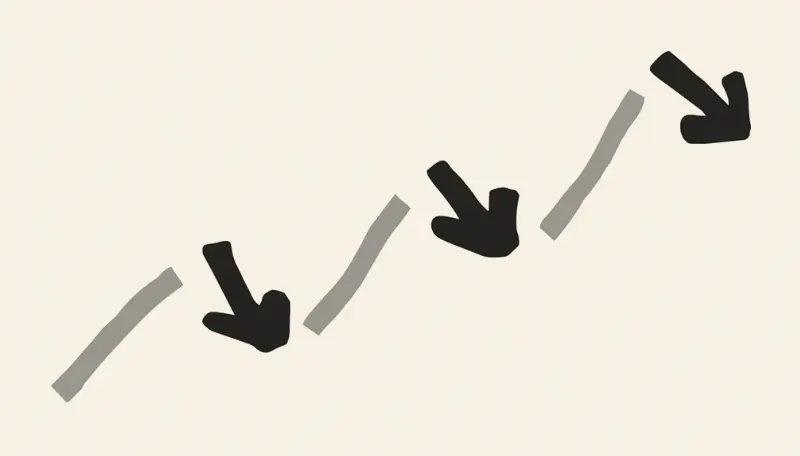
The Straight Line Instinct
Lines might bend.
Seldom = Rarely.
Rose-tinted glasses = The cheerful or optimistic view of things, usually without a valid basis.

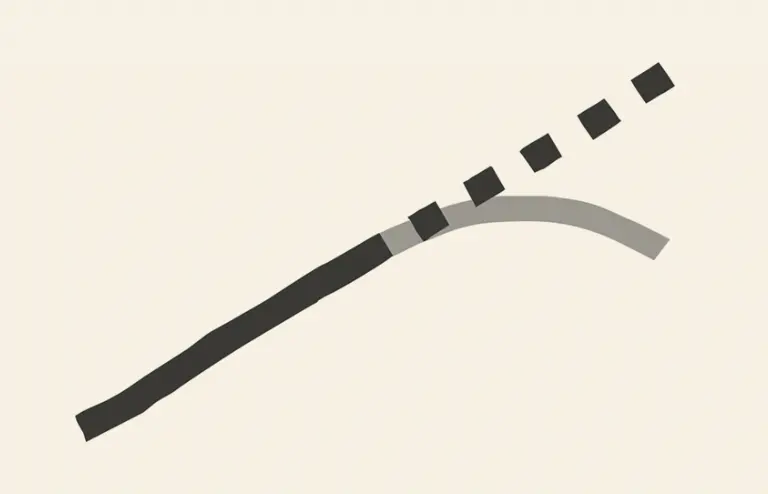
The Fear Instinct
Calculate the risks.
Something frightening poses a perceived risk. Something dangerous poses a real risk.
Risk = danger × exposure.
Run amok = Behave uncontrollably and disruptively.
Chemophobia = The fear of chemicals.
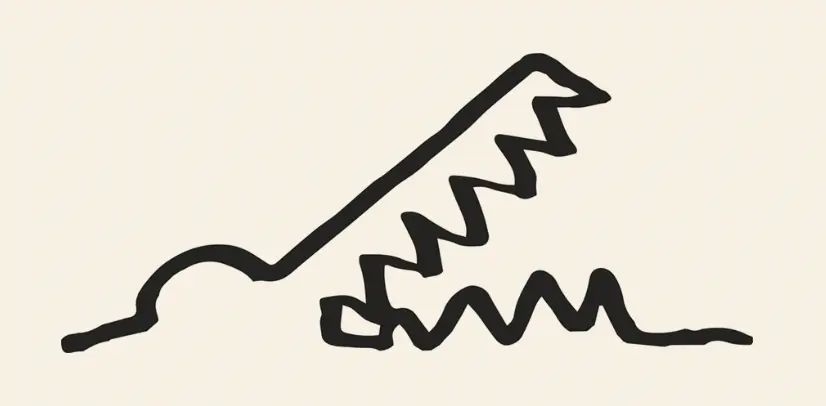
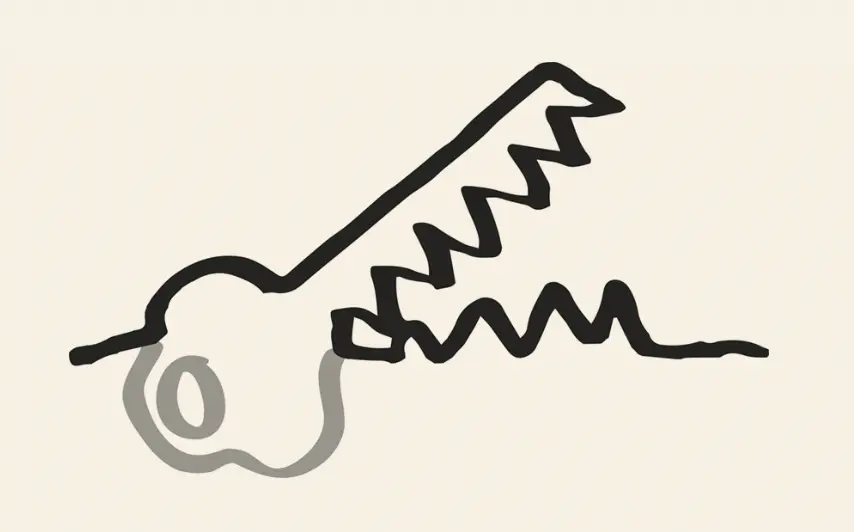
The Size Instinct
Get things in proportion.
In the deepest poverty you should never do anything perfectly. If you do you are stealing resources from where they can be better used.
Rudimentary = Involving or limited to fundamental principles.
Skimp = Use less time, money, and material on something than necessary to economize.
Pagoda = Hindu/Buddhist temple.
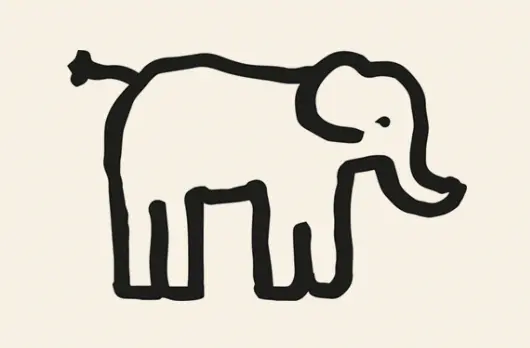
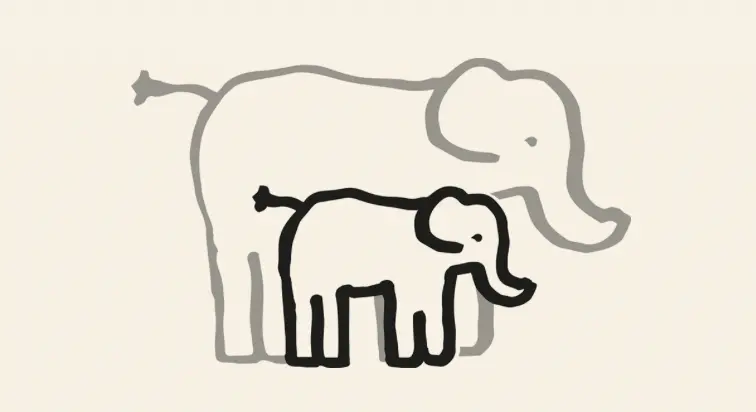
The Generalization Instinct
Question your categories.
Your country has become so safe that when you go abroad the world is dangerous for you.
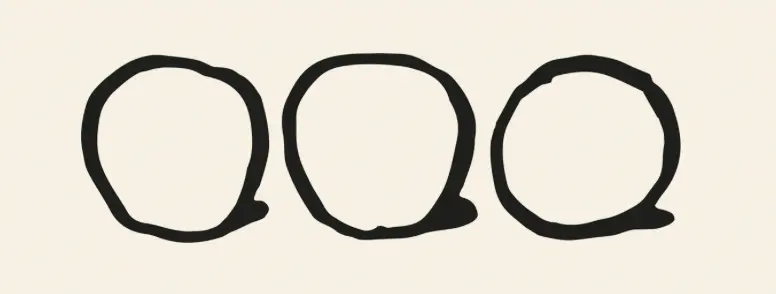
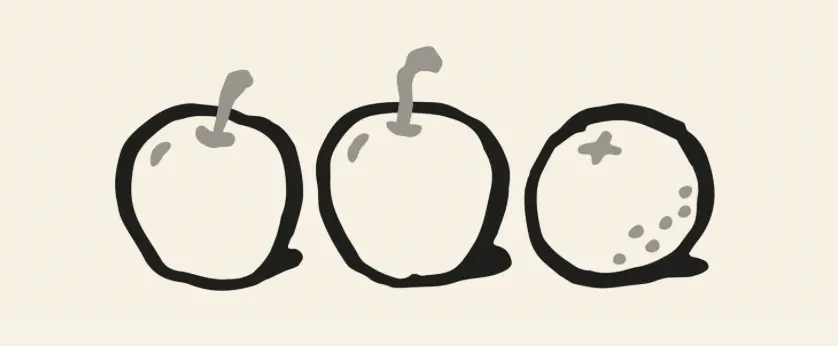
The Destiny Instinct
Slow change is still change.
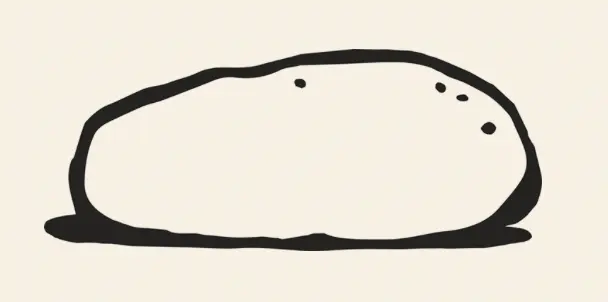
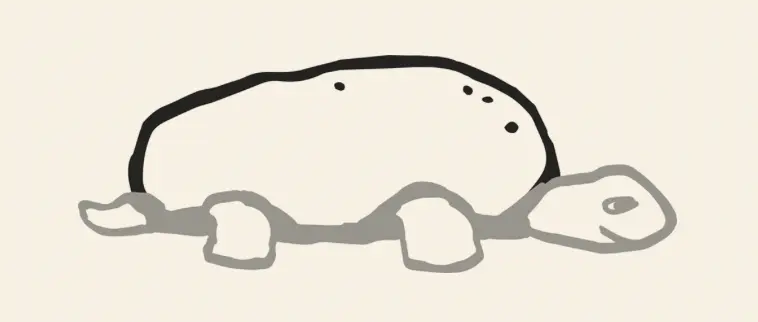
The Single Perspective Instinct
Get a toolbox.
We are not the healthiest of the poor, we are the poorest of the healthy.
It’s better to argue for democracy as a goal in itself instead of as a superior means to other goals we like.

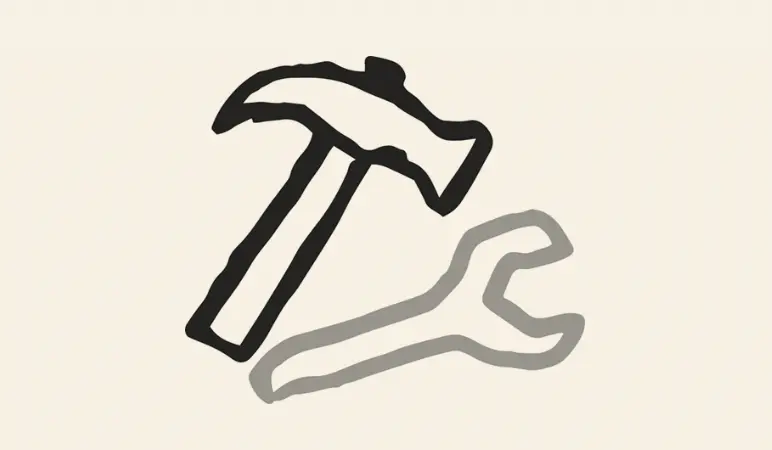
The Blame Instinct
Resist pointing your finger.
‘Claim’ comes just as easily as ‘blame.’
Our press may be free, and professional, and truth-seeking, but independent is not the same as representative.
Prosaic = That lacks imaginativeness or originality.
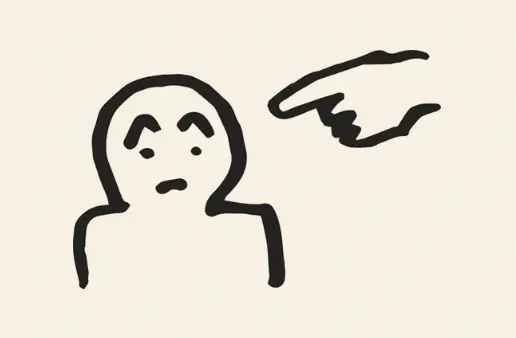
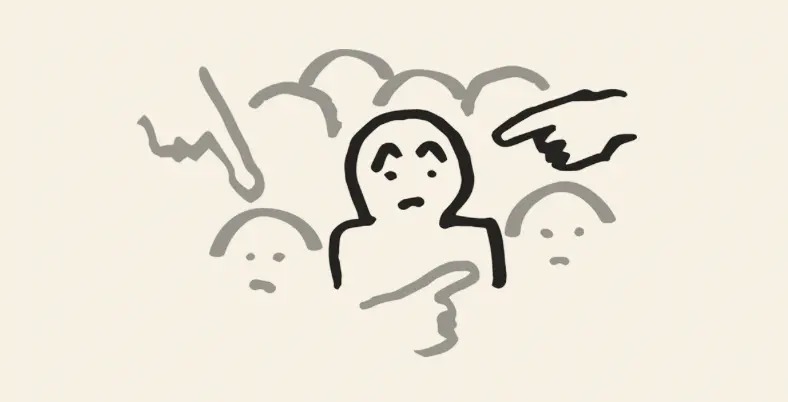
The Urgency Instinct
Take small steps.
Without trust, we are lost.
Galvanize = Shock or stimulate into taking action.


Conclusion
Factfulness is written in a friendly, non-judgmental way and is full of interesting facts and insights. I found myself maniacally highlighting phrases and sentences. It’s not just a book on statistics but about how our brains see the world as worse than it is in reality.
Hans Rosling was a professor of international health at Karolinska Institute and co-founder of Gapminder, a non-profit making data easily understandable by everyone. Also, check out the TED Talks Rosling hosted before passing away on 7 February 2017, at the age of 68. His works will always nurture the minds of generations to come.